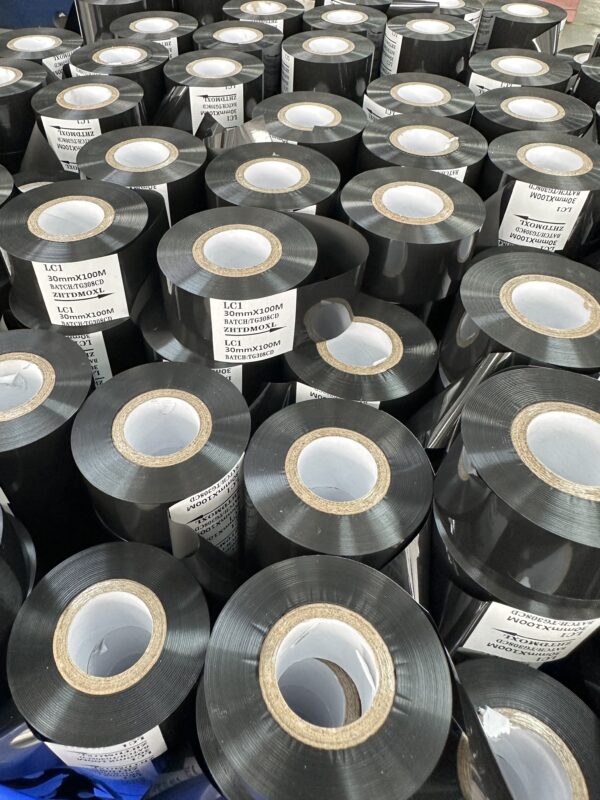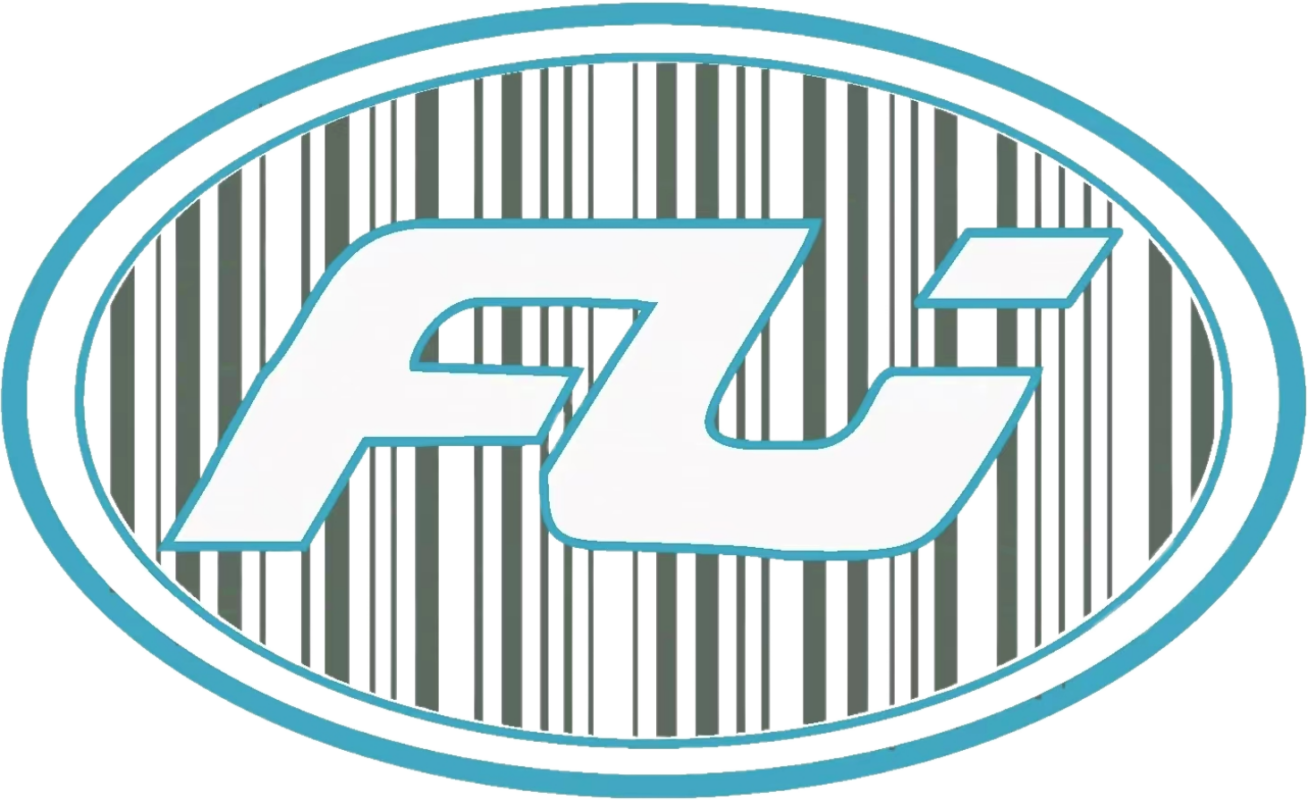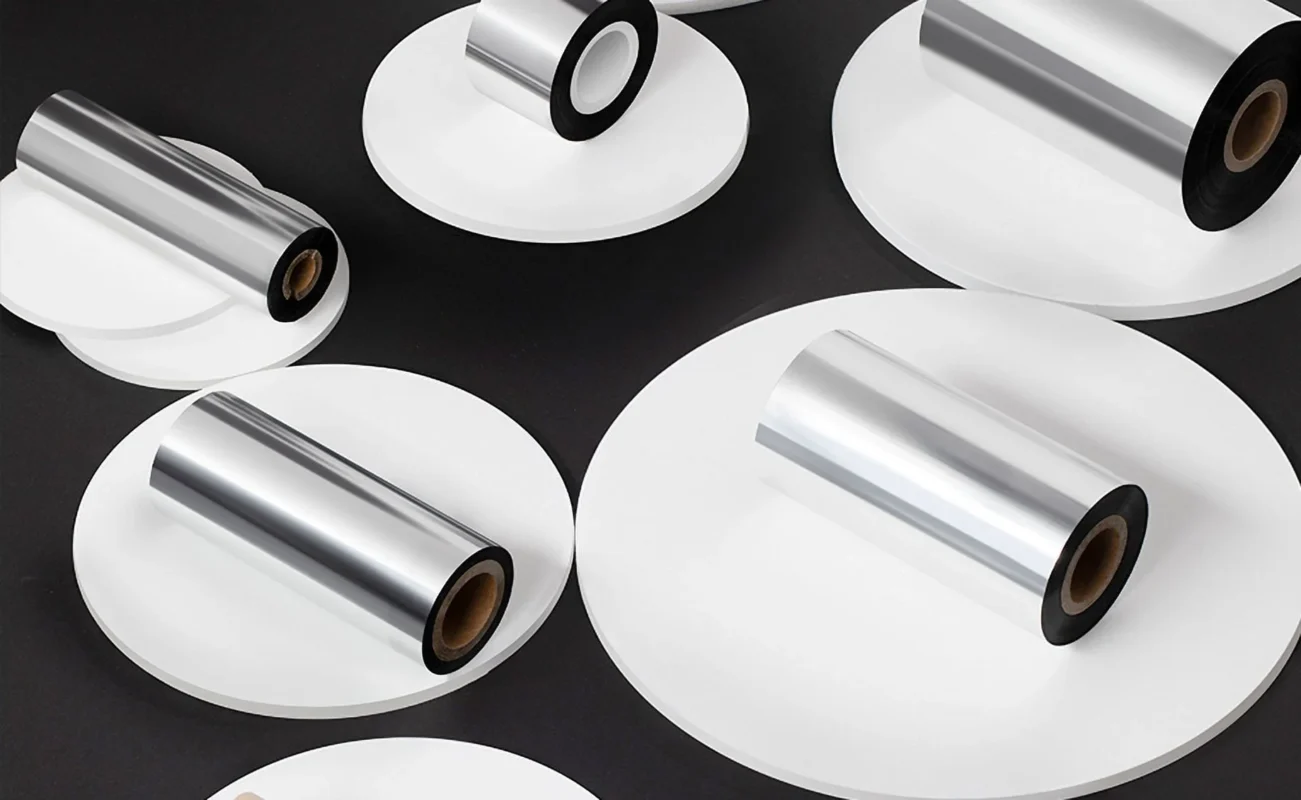ブログ
Custom Ribbon Maker Machines: How They Work and Who Should Use Them
Customized ribbons present a functional and sophisticated packaging solution that effectively defines brands while also being economical. The market for customized ribbons shows significant demand across boutique retail products, food branding solutions, luxury gift packages, and promotional merchandise. But here’s the question many distributors and packaging business owners ask: Business owners need to decide between purchasing a custom ribbon making machine and buying large quantities of pre-printed ribbons.
The article provides complete information about custom ribbon maker machines including their functionality and benefits while outlining the things you should evaluate before purchasing for your business. This guide will help packaging suppliers, wholesalers, and entrepreneurs determine if machine-based production meets their business objectives.
What Is a Custom Ribbon Maker?
A custom ribbon maker machine specializes in printing logos and decorative designs onto different ribbon materials. The machines allow businesses to manufacture customized ribbon rolls within their own facilities without needing external suppliers.
Key Functions:
- Prints logos, messages, barcodes, or decorative art
- The machine processes ribbon materials that include satin, grosgrain, cotton, and polyester
- The printer allows for both single-color and multi-color printing capabilities depending on the capabilities of the specific machine.
- The machines enable printing in small quantities as needed or large-scale industrial production.
Common Uses:
- Retail packaging
- Event decor (weddings, holidays)
- Cosmetics and gift boxes
- Seasonal campaigns
- Branded promotions and giveaways
How Custom Ribbon Makers Work
Custom ribbon makers replicate label printer operations by utilizing thermal printing, inkjet printing or foil stamping to apply designs to ribbon materials.
1. Design Input
Users input their vector design or enter text directly into the software of the machine where they choose font options including size and alignment with spacing controls.
2. Ribbon Loading
Ribbons get placed on a spool before being directed through the printing sequence. Different models may support ribbon widths and core sizes that vary from one another.
3. Print Process
The ribbon receives ink or foil application through varied print methods on the machine.
- Thermal Transfer printing involves an ink ribbon and a hot printhead to transfer images.
- Inkjet: Uses cartridges for full-color print
- Foil Stamping involves metallic effects created through heated metal dies pressing colored foil onto surfaces.
4. Cutting & Finishing
The printed ribbon undergoes cutting through manual methods or automated cutters and benefits from edge sealing processes with hot knife or ultrasonic technology.
Types of Custom Ribbon Maker Machines
Desktop Ribbon Printers
- Best For: Small-scale production, boutiques
- Output: Up to 5 meters/minute
- Materials: Satin, cotton
Semi-Automatic Ribbon Printers
- Best For: Mid-size businesses with daily output
- Output: Up to 15 meters/minute
- Printing Methods: Thermal transfer, screen, foil
Industrial Ribbon Printing Systems
- Best For: Factories and large-scale distributors
- Output: 30+ meters/minute
- These systems include color printing capabilities alongside auto cut functions and variable data support.
Who Should Use a Custom Ribbon Maker?
1. Packaging Suppliers & Distributors
A ribbon maker enables you to deliver customized small-batch solutions for clients and develop specific SKUs.
2. Branding & Promotional Companies
Include branded ribbon printing options in your promotional kits and gift service offerings.
3. Gift Box Manufacturers
Custom ribbons serve to enhance both luxury boxes and seasonal gift sets with added value.
4. Event Decorators and Wedding Suppliers
Wedding suppliers and decorators can provide printed ribbons to serve as favors and decorative elements or seating plans.
5. Startups and Niche Product Brands
Begin your ribbon brand venture with affordable ribbon making equipment that enables custom printing without the requirement of minimum order quantities.
Benefits of Owning a Custom Ribbon Maker
On-Demand Production
Customers can print necessary quantities at required times to minimize lead times and inventory expenses.
Lower Long-Term Costs
The initial cost of purchasing the printing machine is high but the cost per meter for printing becomes much cheaper than outsourcing when producing large quantities.
Brand Control
Ensure design integrity remains uniform throughout all your orders.
Customization Flexibility
Provide customers with seasonal designs as well as customizations like names and languages together with printing options for QR codes, barcodes and serial numbers.
Explore essential characteristics when selecting a ribbon maker machine.
Print Width & Resolution
Choose a ribbon maker machine that can accommodate ribbon widths between 10mm and 50mm while producing sharp and clear prints.

Print Speed
Balance speed with resolution. High-volume setups achieve optimal performance at a printing speed of 15 meters per minute.
Material Compatibility
Your product offerings expand in versatility when your machine can handle a wider range of materials like satin, grosgrain, and cotton.
Ink or Foil System
Choose based on your design needs:
- Thermal Transfer: Durable and fast
- Foil Stamping: High-end metallic look
- Inkjet: Full-color complex artwork
Software Integration
The combination of user-friendly interfaces with barcode functionality and cross-platform Windows/macOS support makes design and printing operations more efficient.
Maintenance and Support
Find suppliers who provide spare parts alongside technical assistance with tutorial training.
Limitations and Considerations
Initial Cost
Basic models start at $500 while industrial systems can exceed $10,000 in price. Consider ROI based on volume.
Learning Curve
Training may be needed for tasks including design formatting as well as loading ribbon and adjusting printheads.
Storage & Setup
Small ribbon printers still need space to store ribbon rolls and ink as well as perform maintenance tasks.
Is purchasing a ribbon maker the right choice for your business or should you consider outsourcing?
When to Buy a Machine:
- You fulfill frequent low-to-mid volume custom orders
- Full print design and timing control remains your top priority.
- Your business wants to grow its product offerings or start a new brand in the ribbon market.
When to Outsource:
- Your operations include handling rare high-volume orders that require long lead times to complete.
- Your business cannot support machine equipment and lacks skilled technical personnel
- Clients need luxury finishes that demand industrial foil stamping.
Alternative: Combine Both Approaches
Distributors operate their own machines for specialized short lead-time orders but depend on supplier networks for high-volume ribbon production. This hybrid model delivers scalable operations alongside flexible production capabilities.
Conclusion
B2B companies can utilize custom ribbon maker machines to deliver personalized packaging solutions that provide both speed and flexibility and enhanced control. Whether your business operates as a packaging distributor or private label brand or functions as an entrepreneur owning a ribbon printer can generate new revenue sources and help you differentiate yourself in the competitive market.
However, it’s not a one-size-fits-all solution. Examine your business model alongside client needs and technical resources plus your budget before selecting whether to purchase equipment outright or outsource production tasks.
Want to discover unique ribbon printing options for your company?
Our business provides bulk shipments of high-quality pre-printed ribbons and expert advice to companies interested in ribbon maker machine purchases.
Contact our team today or reach us directly:
- 📧 Email: sales@foyottr.com
- 📞 Tel: +86-592-6018318
- 🌐 Website: https://foyottr.com
Frequently Asked Questions (FAQ)
What types of ribbons can be printed with a custom ribbon maker?
Satin, grosgrain, cotton, polyester, and organza ribbons are most commonly used, depending on the machine type.
How much does a custom ribbon maker machine cost?
Entry-level machines start around $500, while industrial-grade models can exceed $10,000 depending on features.
Is it better to print ribbons in-house or outsource?
It depends on your volume, customization needs, and production flexibility. In-house printing is great for quick-turn custom orders.
Can custom ribbon makers print in full color?
Some inkjet models offer full-color printing, while thermal and foil printers are limited to single or dual-color designs.
Do you offer both machines and bulk printed ribbon?
Yes, we offer both custom printed ribbon in bulk and ribbon printing machine consultation.
Looking to customize your ribbon supply chain? Visit our contact page or connect with us directly:

